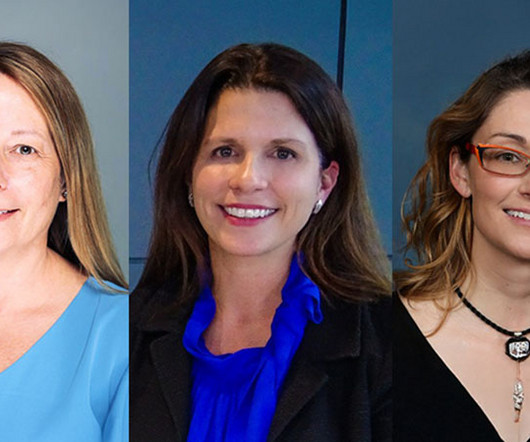How to Choose the Best Hormone Doctor in Connecticut for Your Needs
Physicians Alliance of Connecticut
MARCH 28, 2025
Your Connecticut-based primary care doctor is a good place to start, as they understand your health history and can refer you to a trusted hormone doctor that specializes in your condition. Board-certification is another important credential. Consider how comfortable you feel talking to the doctor.













Let's personalize your content